Beginning again
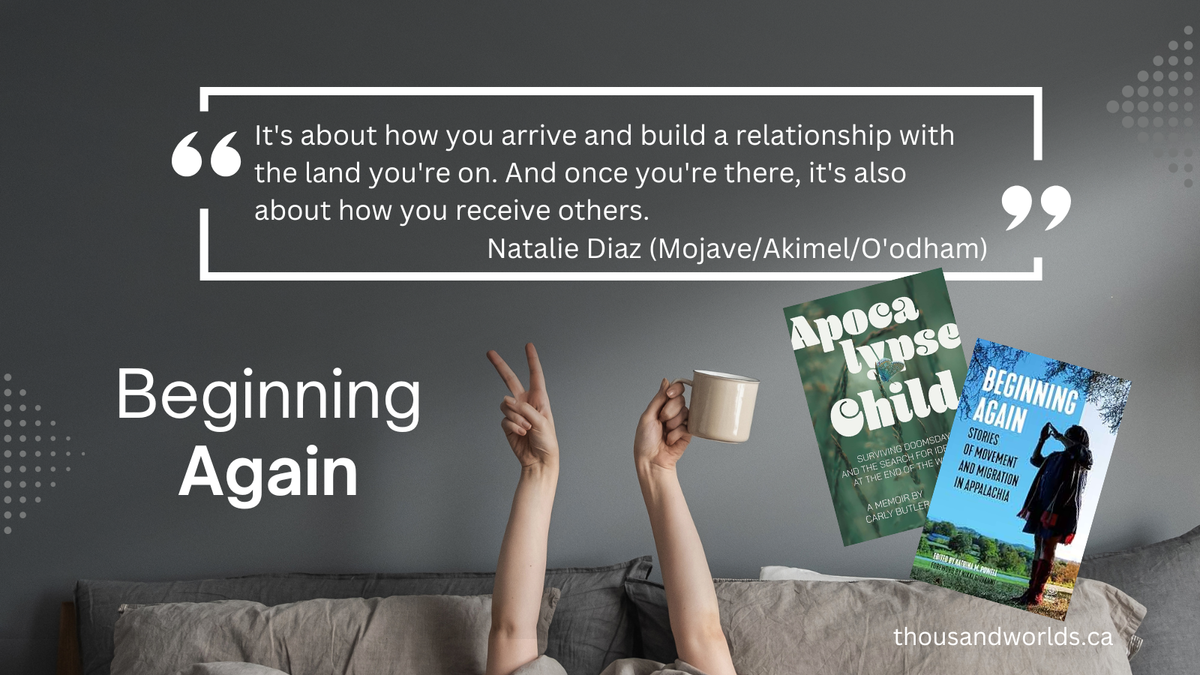
and again and again and again
Over my life I have not read a lot of memoir. I liked biographies and autobiographies, but it took me a while to get into memoir. I included them in a book club/panel series I ran in 2022 because I thought they were an important component of writing, but when I went to my bookshelves to find memoirs that I could recommend for that month, there wasn't much to choose from. That series revealed a lot of gaps in my reading that I needed to do something about and in some ways this blog is an attempt to do that. I don't just read whatever sounds interesting, although I do a lot of that, I also think hard about what is missing and then find the authors and books that will help me address that gap. Put a pin in that because it becomes important again.
So what's the difference? Biographies and autobiographies are essentially history books. They are accounts of somebody's life based in verifiable facts. That's certainly debatable. The part about facts I mean, because if you've read Becoming Kin you'll know that I take issue with what have been presented as "historical facts" about Canada and the US, but that generally comes down to the meaning attributed to those facts, what gets left out, and the story being told. Biographies and autobiographies tell a story about a particular person from beginning to end just as history does about more collective ways that we exist like nations or movements. Memoir is different. Although themes may emerge in a book about history, memoir intentionally reflects on particular themes and a specific time period rather than a beginning to end narrative. Memoir is more reflective, even when compared with an autobiography which can also include reflective moments. It's just that the point of the exercise is different.
One isn't better than the other, they're just different ways of telling the story of somebody's life and depending on why you are reading, one or the other might be better suited to the task at hand. All of which is to say that I only started reading memoirs in earnest a couple of years ago because the project I was embarking on revealed a real lack of those books on my shelves. Other gaps included food security and gender but those are topics for another day although gender is definitely a hot topic right now.
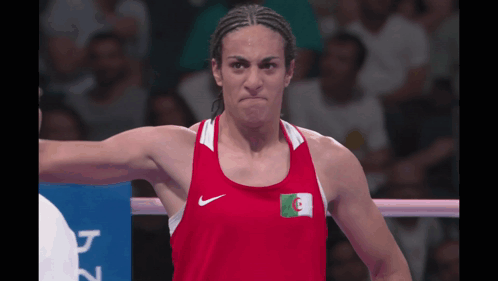
Onward.
Sometimes I am blessed with books that publishers send me because I write about books. Apocalypse Child is one such book. Carly and I have followed each other on Twitter for a while and when she started talking about her book I was intrigued in part because her father is Yacqui and there has been a lot of drama about Sacheen Littlefeather and a certain identity cop who doesn't understand tribes along the southern US border and into Mexico. Like me, Carly was raised by a white mother with stories about an Indigenous father but no relationship to him or his community. I was also intrigued because her mother is an end-times loving evangelical back to the land type who was sure that the world as we knew it was going to come to an end on December 31, 1999. Now I was well out of the end-times apocalyptic theology I was also raised in by 1999 and my husband was in IT so I had some understanding of how things worked, but I remember standing in front of a wall of televisions in WalMart, New Year's Eve purchases in hand, and holding my breath while the ball dropped in Japan.
My world had ended many times since I first knew it could. I knew now that my mom onlly did what scared mothers have done for thousands of years; I knew now that if you really believe something, you will act on it no matter the price. I still don't know why I survived while so many others did not.
Apocalypse had tried to chase me down and swallow me whole for years - but I was still here.
Carly Butler, Yaqui descendant
It seemed that our lives shared a lot of common elements and when I expressed my interest Carly agreed to have her publisher send me a copy which she did. This brings me to our next book, Beginning Again: Stories of Movement and Migration in Appalachia. This one came to me through the Haymarket Books Book Club, which you should definitely join because they have a range of options including e-books. For a while I had the "send me every book you publish" option which was super but I quickly got buried in books, not a bad way to go really. Now I belong to the one-book-a-month club which means I have to make choices which brings me back to my earlier point about noticing the gaps in my reading and making those choices intentionally. Every month I look over the options and choose the book that speaks to a gap, something I don't know very much about, and although I made my choice before Trump made his, it turns out to have been a very timely choice because what Applachia is and isn't is very much in the news.
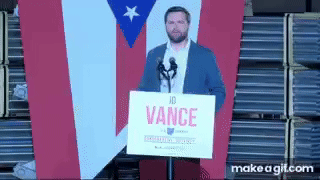
This idea of beginning again (and again and again) has been on my mind lately. I have a tendency to create fairly insular community circles, by which I mean that when I'm part of a community I go all in and almost everything I do becomes centred around that group of friends. It's not very healthy and reading Talia Lavin's blogpost On Cults: Follow the Leader was a little close to home. Not because I've ever joined a cult but because in the midst of analyzing various cults, she comments on how susceptible most of us are to join in with something if it "harmonized with our greater values." We're all suceptible to a leader or teacher who helps us feel like we're part of something, particularly if we've always been on the edges or if our world is ending. This makes me very sympathetic towards Carly's mother in Apocalypse Child. Her memoir takes place during the late 90s and early 2000's which is when I was a young mother in an evangelical church who had just started homeschooling within a conservative Christian circle, some of whom were part of what became known as the quiverfull movement and who knows what decisions I might have made if things were just a little bit different. Honestly, I watch the rise of Christian Nationalism in Canada and the US and I think about my years in the evangelical church and I know that but for the grace of zhemnido ...
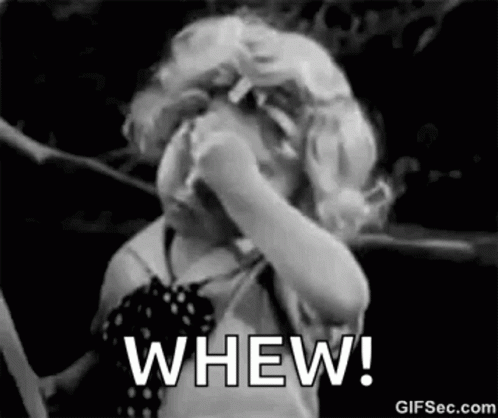
More than two decades ago I realized that all of my friends were located within a particular church and deciding to do something about that set me on a life changing trajectory away from Mary Pride and a politics shaped by apocaplytic theology. Which brings me to the book about beginning again in Applachia because it was not the book I was expecting. Appalachia, for me, conjures up mountain folk and hillbillies, dead or dying towns haunted by miners and the ghosts of Indians forced to leave their homes via the Trail of Tears. I knew that my vision of Appalachia was myopic, which is why I chose that book, but I had no idea how little I really knew. The book is a collection of interviews written and documented using a specific model and it includes Appalachians who are Black, White, and Indigenous as well as newcomers who have come from a range of states and far flung countries to make Appalachia their home.
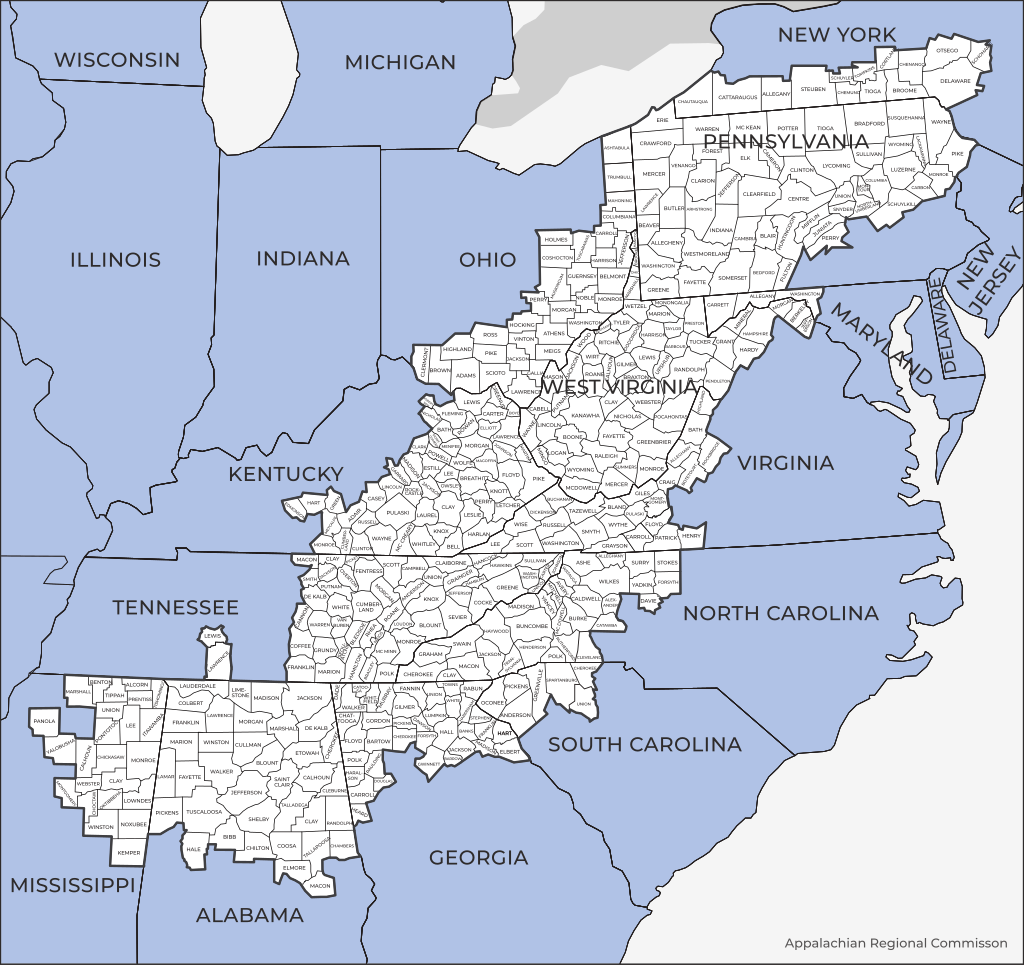
For one thing, Appalachia is much bigger than I thought it was, and it is about as far from the Alaskan communities of Apocalypse Child as you can get in the continental US but because of all those mountains it is also pretty close from a sociological perspective. Applachia might exist near major cities, but many places within are as isolated as the Alaskan towns Carly grew up in. These are both books about starting over. While Beginning Again isn't about starting over in service to the apocalyptic visions of Butler's religious mother, apocalyptic vision is certainly part of the Appalachian religious culture and part of why Trump chose JD Vance of Hillbilly Elegy fame as his running mate. So in that sense, Beginning Again is a collection of stories against that kind of vision as the single story of Applachia just as Carly's story is against her mother's.
The histories of displacement in Appalachia over time, including those experienced by Indigenous and African-American communities, often isn't acknowledged. Furthermore, the exploitation of resources and people in the region .. is part of the long history and is little understood by the broader public.
Katrina M. Powell (Appalachian)
Both books wrestle through finding belonging amidst queerness and disability, poverty and disordered mental health, all of which can make finding belonging more precarious. Carly's oldest child has Noonan syndrome, a genetic disorder impacting development which can have serious implications. She writes openly about depression and sexuality in the context of her evolving faith. In her interview for Beginning Again, Hannah Martin comments that despite an overall bias against queerness in Applachia, her child will likely not experience the same kind of violence he might in a big city because in their small town, everyone knows them. She also notes that they are insulated by their whiteness, despite she and her partner being lesbian they are safer than a Black person is.
I am so intrigued by the communities that get built on the outskirts, rather than trying to rehab a commnity that doesn't want them to be there, so these memoirs of people who find belonging together rather than within somebody else's destructive vision, are deeply appealing. Particularly since I find myself beginning again, again. Over and over these books tell stories about people coming together to form organizations of all sizes to help their communities and our world needs these stories so badly now. It needs stories about people who thoughtfully enter a place and find belonging there amongst those who are already present rather than just steamrolling over them with whatever they think is superior. And sometimes not interfering with who is already there means building community alongside rather than within, which if you recall the Two Row Wampum agreement, is exactly what the Haudenosaunee offered the Dutch.
Many of the people interviewed acknowledge the white supremacist presence that pervades Appalachia, the challenge it poses to their own ability to put down roots there. But they also describe the communities they are part of and the belonging they have found. They describe being welcomed and in turn welcoming others. Powell's book is, to some degree, a reaction to the harmful and self-serving stereotypes of JD Vance's Hillbilly Elegy. We survive together, or not at all.
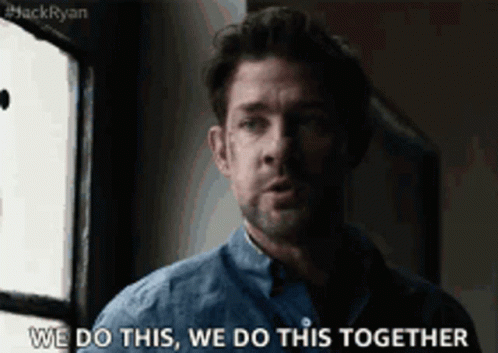
One of the things I appreciated about Beginning Again was the recognition of Indigenous displacement and the violence that is part of how Applachia came to be its own cultural place. To a great extent that was my beef with how history is taught which provoked me to write Becoming Kin. It isn't that these stories of movement and belonging aren't real and good, it's that they are so often told as if nobody else was there, as if nobody else had been displaced so that they could begin again in a new place. Too often the stories told about history begin, in the words of Palestinian poet Mourid Barghouti, with secondly which profoundly shifts the context. Begin the story with secondly, and the resistance of the oppressed becomes inscrutable and surprising violence. Beginning Again starts by recognizing that displacement, and one of the interviewees, Rufus Elliot, is Monocan. He talks about his role as a tribal leader in ensuring that Indigenous people, like myself and Carly, who have genealogical ties to that community can also develop relationships.
It's not about blood and it never has been. It's about how you arrive and build a relationship with the land you're on. And once you're there, it's also about how you receive others.
Natalie Diaz (Mojave/Akimel/O'odham)
Memoir has become one of my favourite genres to read, and it's where I'm finding my own niche in the writing that I do. I want to know what the author thinks and feels about their experiences, what they learned and how they built what they built so that I can build something too. So that I can follow their footsteps, or see my own reflection and know that I am not alone because we're rarely as alone as we think we are. So many others have come before us, and so many others are looking ahead to us. Memoir is a wonderful place to pause a moment to gather your strength and to read the stories of those you may otherwise have not known. To fill the gaps in your bookshelves and in your world, particularly if that world looks a lot like you.
Thanks for reading. And welcome new subscribers Claire, Terri, Mark, and Rachelle. Most of the blogposts are free, occasionally there is paid content because paid subscribers help me get to conferences and buy the books that power this show, but just sharing this email with friends or posting about it on social media helps too!
I am hard at work at book #2 which is about a series of podcast conversations I had a couple of years ago. You can listen to them, most of them were released on podcast format, or just watch the twitch stream that is still linked. It's due to be released in fall 2025 so watch for more details about THAT as they come available. All that being said, thank you so much for your patience and I hope to be publishing here more frequently now that the heavy lifting phase is complete and we're into edits and revisions. There's a big pile of books stacked up in my "write about this" pile.
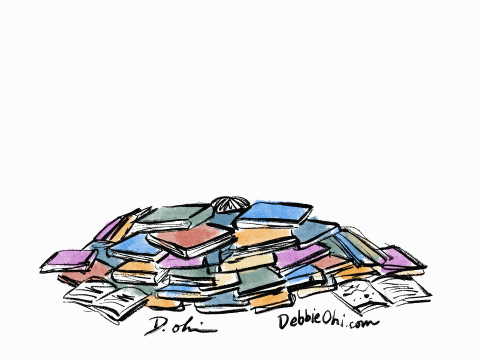
If you want to come and see/hear me there are two great opportunities coming up!
August 30-September 2
I'll be in Chicago at Socialism 2024 again where I'll be on a panel with Fawn Pochel and Tara Houska, a pair of badass Anishinaabekwe, and we'll be talking about Confronting the Peaceful Indian as Essential to Building Solidarity: examining and working against the invasiveness of the Peaceful Indian trope that sees us as helpless victims in need of a white saviour. Too much socialism is just a kinder and more inclusive settler colonialism. No thankyou.
September 22-24
Nevertheless She Preached is a conference in Austin, Texas that is "a radical gathering for faith leaders, activists, creatives, and spiritual entrepreneurs" I spoke at last year. There is a virtual option available this year and the theme is "Liberate: Imagining a Faith Decolonized" with a specific eye towards Palestine and Palestinian liberation. Use the code NSPKrawec to get 10% off on in person or virtual tickets!
If you're in Winnipeg watch this spot! I'm going to be at the University there on October 3 and 4th, more details to come.

And don't forget to join up with the Nii'kinaaganaa Foundation. Every month we collect funds from people living on Indigenous land and redistribute them to Indigenous people and organzers. You can find out more information on the website. Donate via Patreon or PayPal!
